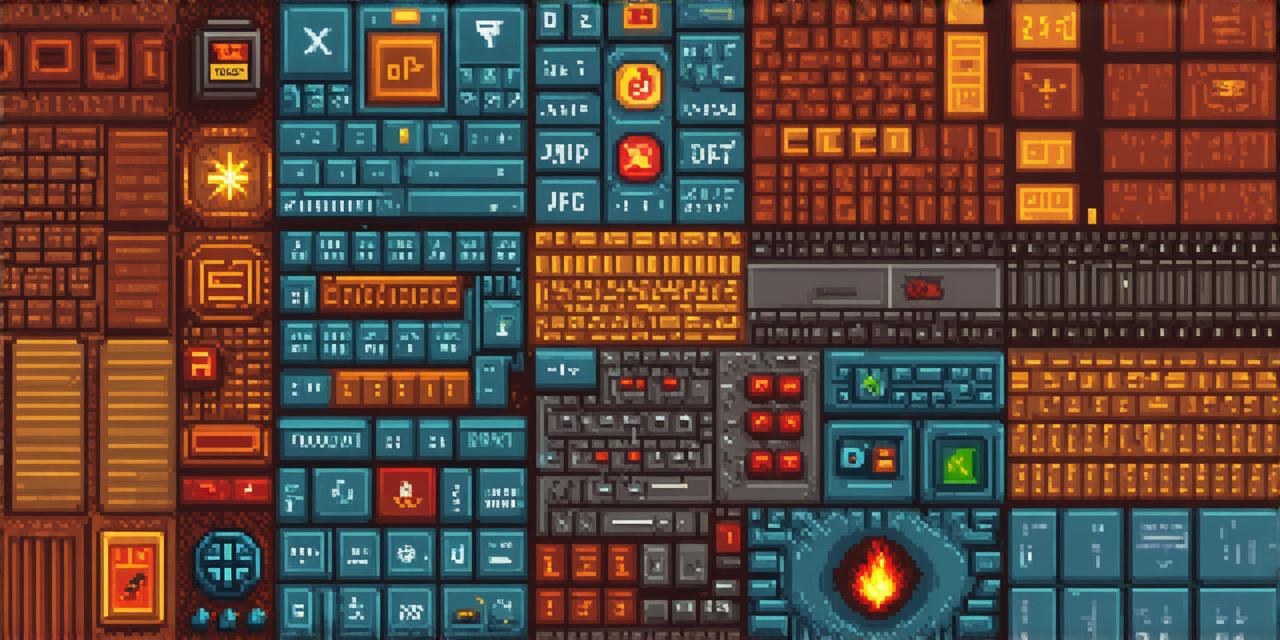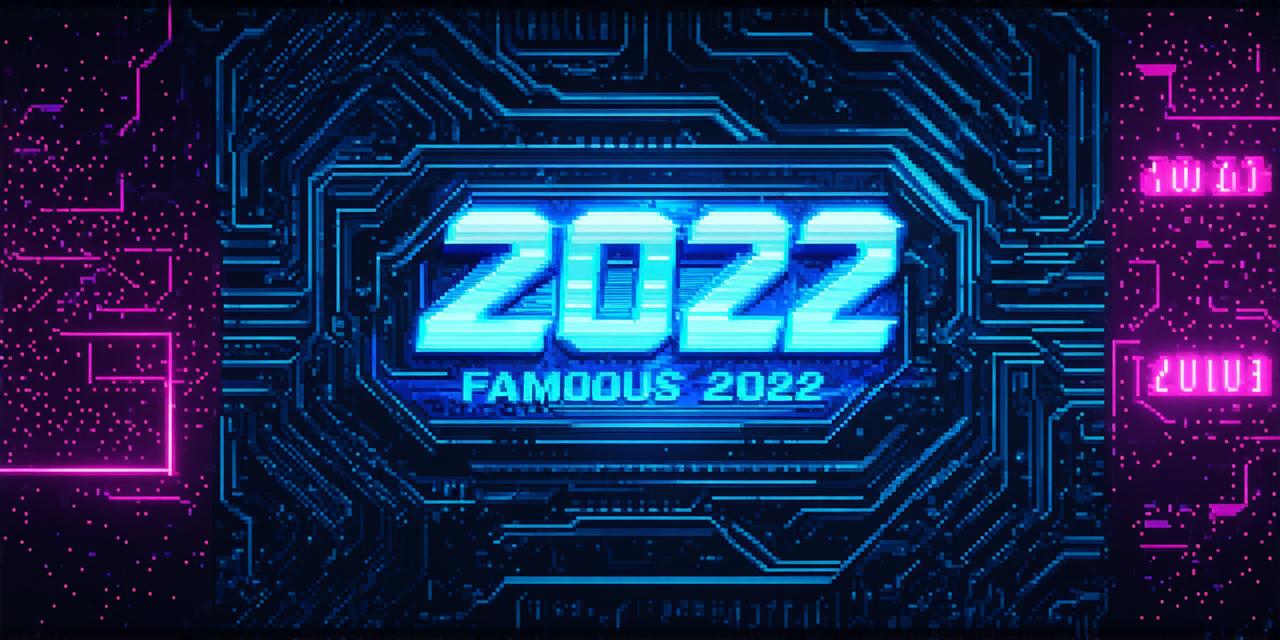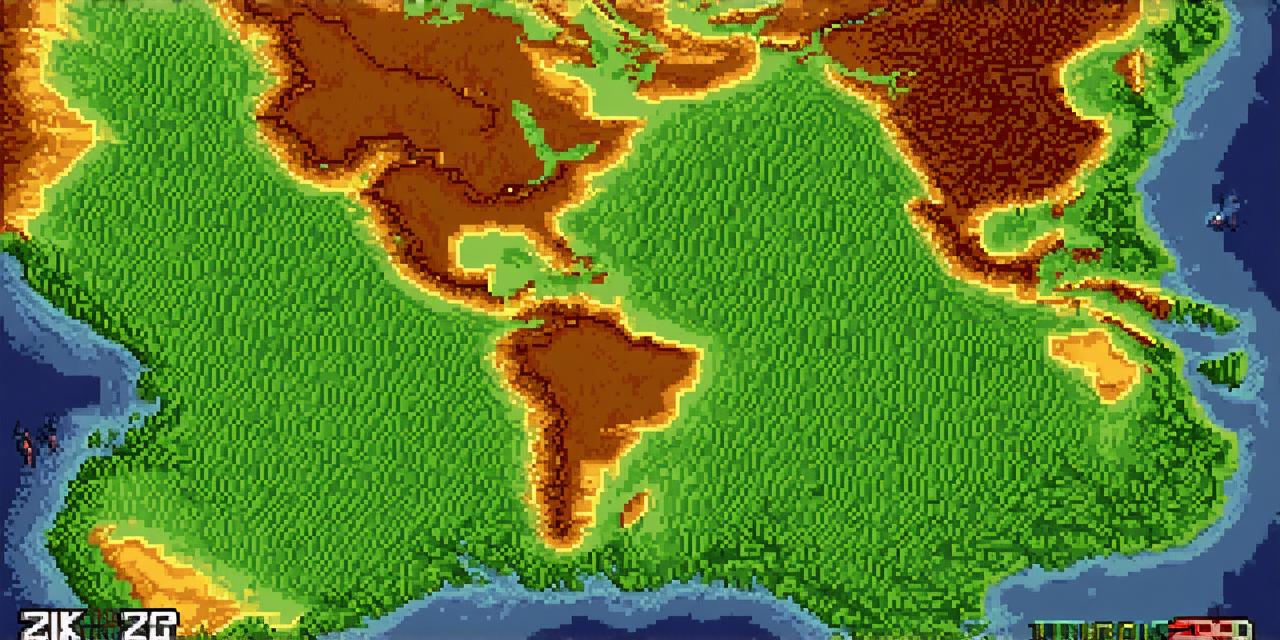Introduction
Video games have come a long way since their inception, and today they are an integral part of our culture and entertainment. But with great power comes great responsibility, and that applies to game development as well. Proper citation is essential for crediting the sources used in your game and avoiding plagiarism. In this guide, we’ll explore everything you need to know about citing video games, from the basics of citation style to more advanced techniques for tracking down elusive sources.
The Basics of Citation Style
Before we dive into the specifics of citing video games, it’s important to understand the basics of citation style. There are several different citation styles that you can use, including MLA, APA, and Chicago, but the most commonly used one is MLA (Modern Language Association).
MLA citation style requires you to include the following elements in your citation:
- The author’s name
- The title of the work (in italics)
- The publication date
- The page numbers (if applicable)
- The medium of publication (video game, book, website, etc.)
For example, a citation for a video game using MLA style might look like this:
Author’s Name. *Title of Game*. Publisher, Publication Date.
If the game has multiple authors, you can list them as follows:
Author 1, Author 2, and Author 3. *Title of Game*. Publisher, Publication Date.
If there is no author, you can omit this information:
*Title of Game*. Publisher, Publication Date.
If the game has more than one medium of publication (such as a video game and a book), you can list them as follows:
Author’s Name. *Title of Game*. Video game. Publisher, Publication Date.
Also, Author’s Name. *Title of Game*. Book. Publisher, Publication Date.
Tracking Down Elusive Sources
One of the biggest challenges of citing video games is finding reliable sources. Many games are not officially documented or have limited information available online. In these cases, you may need to get creative and do some detective work. Here are a few tips for tracking down elusive sources:
- Reach out to the game’s developers directly. They may be able to provide you with additional information or resources that are not readily available online.
- Look for fan-created content, such as walkthroughs, guides, and reviews. These can often contain valuable insights and information about the game.
- Check social media platforms, such as Twitter and Reddit, for discussions and conversations related to the game. You may be able to find clues or leads that can help you track down elusive sources.
- Use online archives and databases, such as the Internet Archive and the Library of Congress, to search for older games and their associated documentation.
Citing Elements Specific to Video Games
In addition to the basics of citation style outlined above, there are a few elements that are specific to video games that you should be aware of:
- Level design: If you’re citing a game’s level design, you should include information about the designer and their role in creating the levels.




